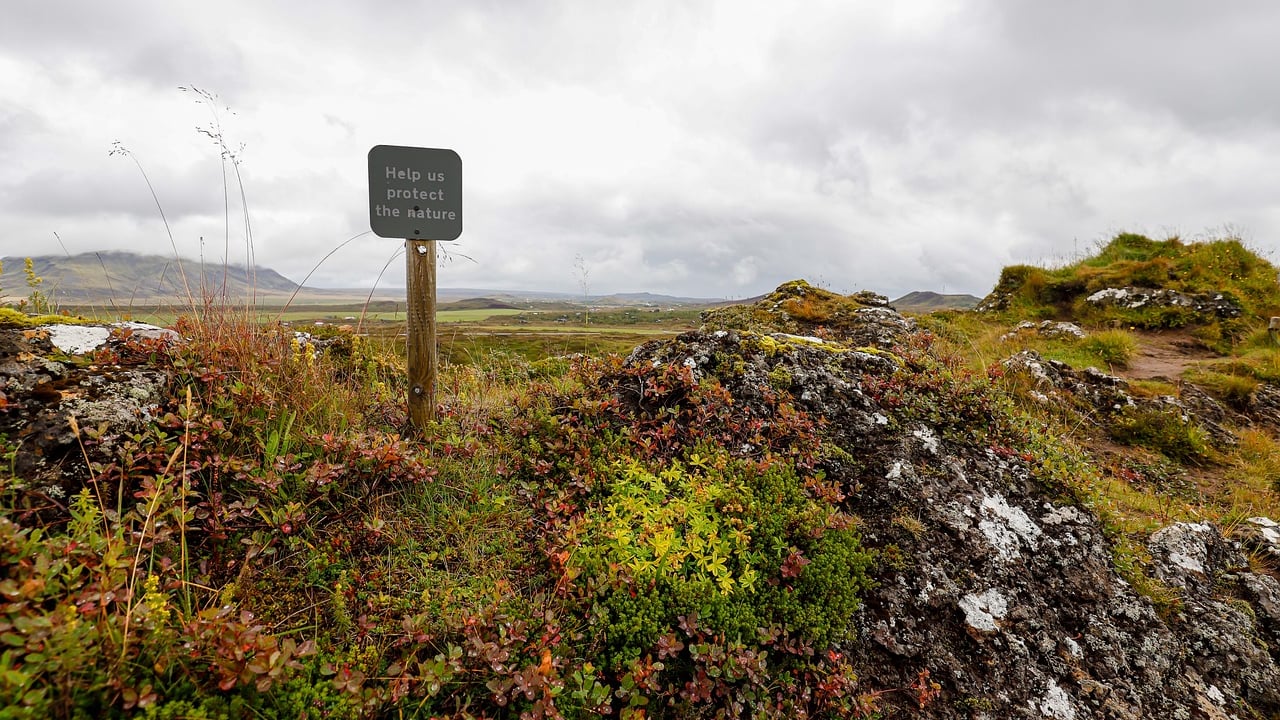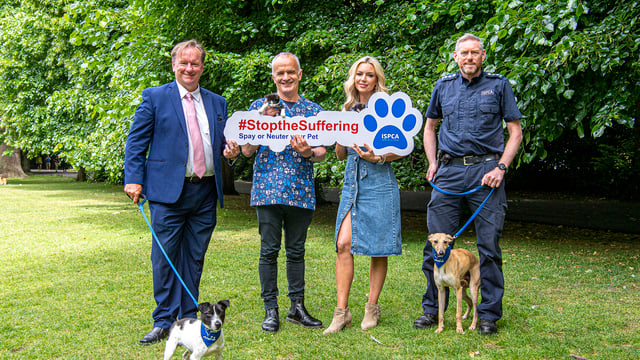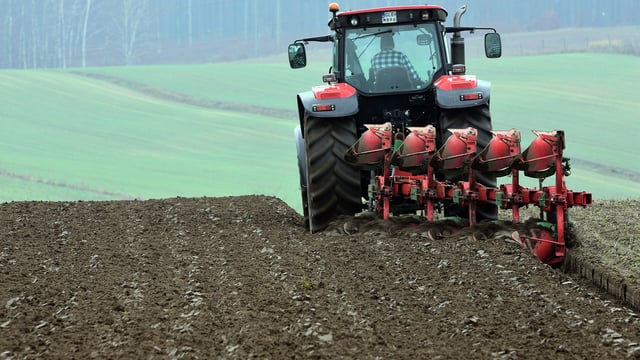Thomas Duffy: Ignoring climate targets isn’t an option
No one would question that the language around climate commitments has shifted considerably across the European Union.
What was previously hard language about the unavoidable cuts needed have slowly been chipped away.
We saw it in the run up to the European elections both from powerful players in the centre right European People Party (EPP) and not least from EPP member and commission president Ursula Von der Leydon around climate.
This approach ultimately played out in the European elections as the centre-right European Conservatives and Reformists Group (ECR) gained 14 seats while in contrast the Greens/EFA group lost 20 seats.
Earlier this year farmers' protests captured much of the headlines, not least for their antics around fires and heavy machinery, behind the scenes powerful interests were cutting away at the Green Deal.
Massive economic players such as the EU’s auto manufacturers, despite their public commitment to the EV transition, secured modifications to the EU’s planned ban on combustion engines by allowing for e-fuels.
Decried by environmental activists and more importantly many scientific experts stating this e-fuel is just a smokescreen for continued fossil fuel burning.
This is due to fears that e-fuels are likely to be produced using national grids despite claims that they will be produced solely via renewable energy.
Meanwhile, the same automakers have successfully pushed the EU to attempt to restrict access to cheaper Chinese made EVs due to their lower prices, hindering the inevitable switch to electric transport.
Similarly the aviation industry seems nearly untouchable as despite rising carbon taxes on home heating kerosene, the nearly identical kerosene burnt in planes remains untaxed.
Efforts to move forward such a implementation of fair taxation has been heavily opposed by powerful lobbies funded by large airlines, not least Ireland’s own Ryanair.
Perhaps this is why despite positive noises, the official Irish governmental position on ending these tax exemptions and including them in the EU’s trading system (ETS) has still not appeared.
Meanwhile in Ireland despite the fact there is a Green government coalition partner in place the EPA has warned all sectors are off track for legally binding target for the 2030.
It would be easy to blame the Green Party for this, as this was core to their election promises, but that would be a lazy assessment.
Instead the issues lie in failing to address the balance between economic growth and greenhouse gases (GHGs).
Continued connections of energy hungry data centres at a time when we still are not harnessing the wind potential off our west cost will inevitably lead to failures to meet electricity GHG reductions.
Progressing with more motorway and bypass building, which inevitably increases GHG from combustion engines instead of investing further in buses and rail blows away GHG savings from increased electric cars.
While many small towns and rural areas have benefited from increased Local Link supports, as someone living on the commuter belt this is a welcome but minor impact.
Indeed Irish transport emissions are some of the fastest rising across the EU post covid lockdowns.
The underperformance is stark, EPA projections put transport emissions reductions even in the best case scenario at exceeding their 2030 ceiling by 2.7 million tonnes CO2eq or 45% higher than they should.
Meanwhile agriculture is far closer, on track to exceed by 10% although this scenario does not include reductions via early slaughter and other policy measures the EPA says they need to see more evidence for.
In fact transport despite starting from a lower base will exceed their emissions ceiling by a greater amount than agriculture.
What this means to agriculture remains to be seen, specifically in 2025.
Many seem to have forgotten when the targets were set a review was to be carried out of how on or off track to 2030 sectors were. This means the potential for revisions to ceiling to allow fossil fuel intensive transport to exceed their emissions ceilings by further cuts to agriculture could be on the cards.
Farmers should be warned not to listen to the extreme end of the political arena who say we can toss out these targets completely.
There is a significant legal framework underpinning them at both national and EU level.
Such promises would only lead to damnation for farming - as instead of government policy where farming organisations still have a say - the battle would move to courtrooms where they have little to no experience while environmental activists have far more.
Instead farmers would be best served by speeding up of the fossil fuel transition to ensure breathing room to meet our own targets without being forced to carry a burden for other sectors.






